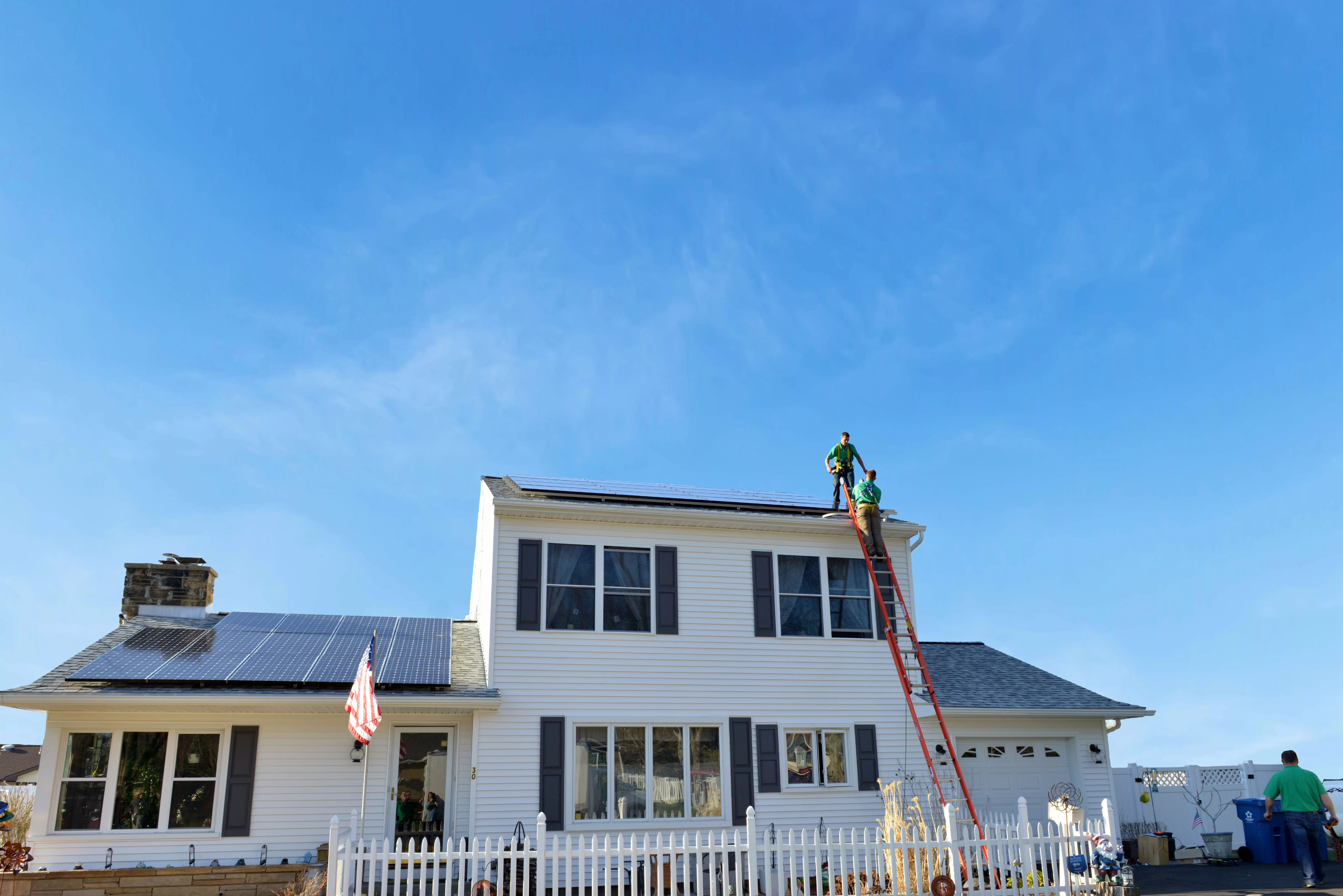In its first few weeks in the White House, the Biden Administration has gotten down to business tackling climate change. From executive actions rejoining the Paris Accord and establishing a National Climate Task Force to key personnel appointments throughout the executive branch, climate has been a top priority even as the nation faces the pandemic and economic crisis. Ambitious decarbonization targets to achieve completely clean electricity by 2035 and net-zero emissions economy-wide by 2050 will require a “whole-government” approach to fighting climate change, as well as the collective efforts of companies and investors in the private sector.
Investors — especially those of us exclusively focused on positive social/environmental impact along with financial returns — have a real opportunity to scale solutions while national leadership is supportive. By mobilizing to tackle this global challenge, companies, entrepreneurs, investors, and governments can accelerate the transition to an equitable, carbon neutral economy while simultaneously sustaining well-paying jobs. The Biden administration’s approach to climate change recognizes that our environment and economy are deeply connected and ultimately co-dependent, mirroring our belief at the Builders Fund that the clean energy and resource efficiency transition is one of the greatest economic opportunities of our lifetime.
Increasingly, companies are committing to decarbonization, with some going even further to commit to going “net-positive” or integrating “regenerative” impact. And even companies that have traditionally been major contributors to pollution and environmental degradation are reading the writing on the wall and making commitments of their own, albeit not without pushback behind the scenes. For example, General Motors has said it will stop producing gas-powered cars, vans and SUVs by 2035 and aims to be carbon neutral by 2040 — this coming even after the company embraced the Trump Administration’s rollback of environmental policies. After making the announcement, GM’s stock rose 3.5%, indicating the future of the auto industry lies in electric vehicles. Additionally, the widespread power outages in Texas caused by warm air in the arctic pushing a massive winter storm south further highlight the need to transition power grids across the nation toward resilience and more renewable energy sources.
All of these factors will continue to make sustainable solutions, like solar power, more affordable as favorable regulation, improving technologies, and scale drive down costs. Take, for example, New Orleans-based PosiGen Solar, which has built a scalable solution that enables the 30 million low- and moderate-income households to purchase more affordable solar, aiding the transition to cleaner energy and saving people money on their energy bills. Rather than having homeowners buy solar or energy efficiency upgrades directly, PosiGen finances and leases low cost panel installations to homeowners along with a suite of energy efficiency upgrades that PosiGen provides to every single household while underwriting to ensure that the fixed, monthly payments are covered by the utility savings from the solar energy and efficiency upgrades. PosiGen is now a member of the Builders Fund family as the first investment of Builders Fund II.
“We founded this company specifically to address the inequities we saw coming out of the Hurricane Katrina rebuilding process,” PosiGen CEO Tom Neyhart says. “Low- and moderate-income families were struggling to build back, and it became clear that a holistic solution — one that would lower their energy bills, improve the efficiency and comfort of their homes, and be accessible to every single household — was needed. That’s what PosiGen delivers.”
Since its founding in 2011, PosiGen has helped more than 17,000 people gain access to solar energy, saving them significant amounts of money on their electricity bills while also helping to reduce the carbon load of the grid. In the summer of 2020, PosiGen joined forces with the City of New Orleans and the Greater New Orleans Housing Alliance to implement the city’s Solar for All NOLA clean energy initiative. The yearlong initiative is available to all New Orleans residents and small businesses and promises reduced energy costs for low-income households. In one neighborhood in east New Orleans alone, the company is now saving their customers over $1.7 million a year on their utility bills!
Beth Galante, PosiGen’s SVP of Business Development, says Solar for All just makes sense. “LMI communities are used to getting scammed, and PosiGen’s offering — immediate energy savings with no money down and no credit check required — often seems too good to be true. By partnering with the City and trusted nonprofit organizations, PosiGen can ‘go deep’ and help entire neighborhoods save together, improve their housing stock, and drive meaningful, localized economic development outcomes.”
While fossil fuel consumption in the United States has declined slightly in recent years, it still accounts for about 80% of both the United States’s energy consumption and production. To reduce our fossil fuel dependence, we need to invest in innovative, tech-forward solutions — like PosiGen’s — that transition our energy systems to clean, renewable sources.
“If we are going to achieve our climate goals, renewable energy can’t just be for the affluent,” says Neyhart. “By delivering on PosiGen’s energy savings promise to our customers, without regard to income or credit, we make clean energy available to everyone — an inclusive approach to shared prosperity and a commitment to a brighter future for all of us.”
Now is the time to do everything we can to address the climate crisis and ensure our planet is safe and habitable for generations to come. At this point, when the government is pursuing more ambitious climate policies than in previous years, there is a greater opportunity for innovative, sustainable companies to thrive. We all have a role to play, and we all should be looking for ways to support critical solutions that will heal our planet.





